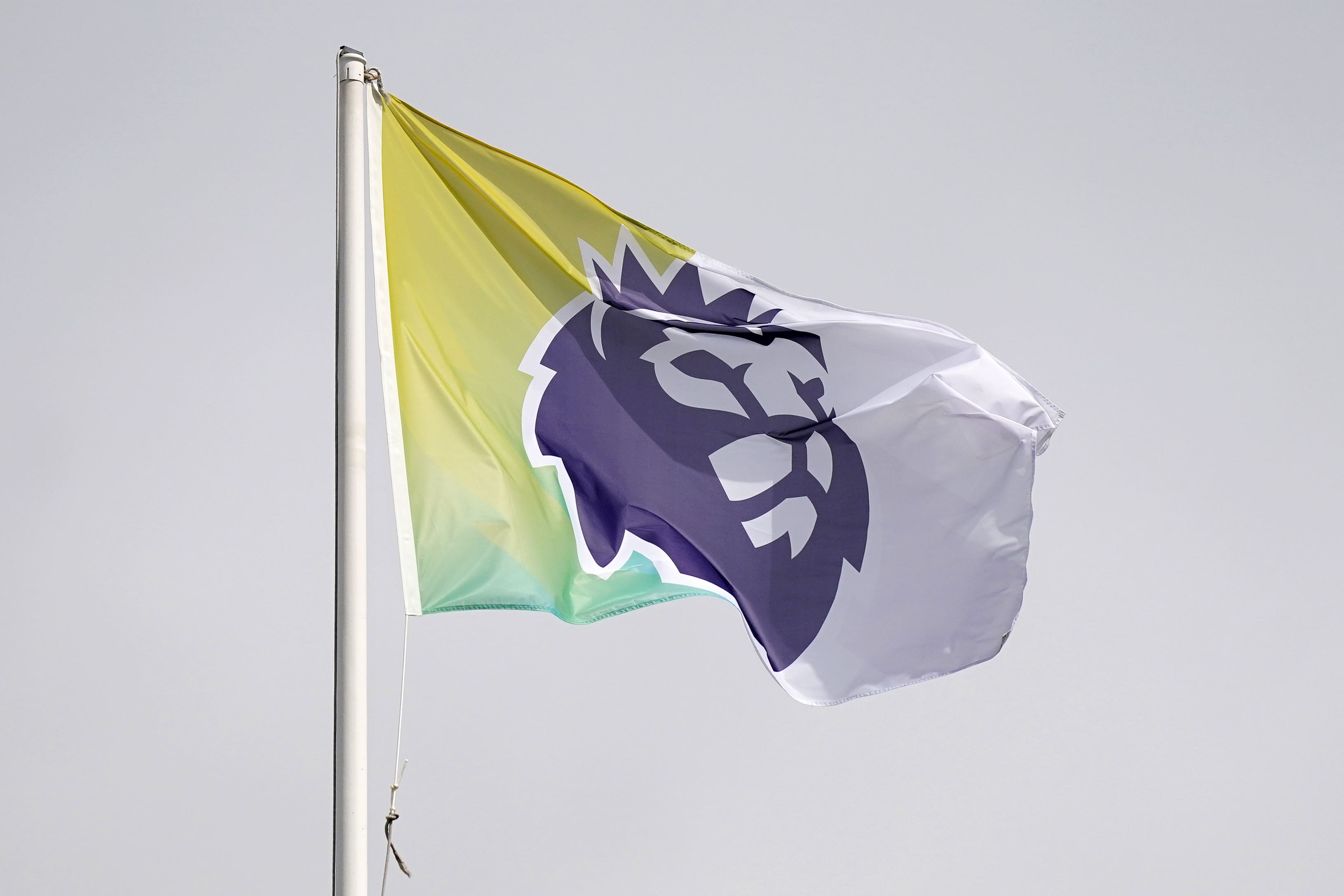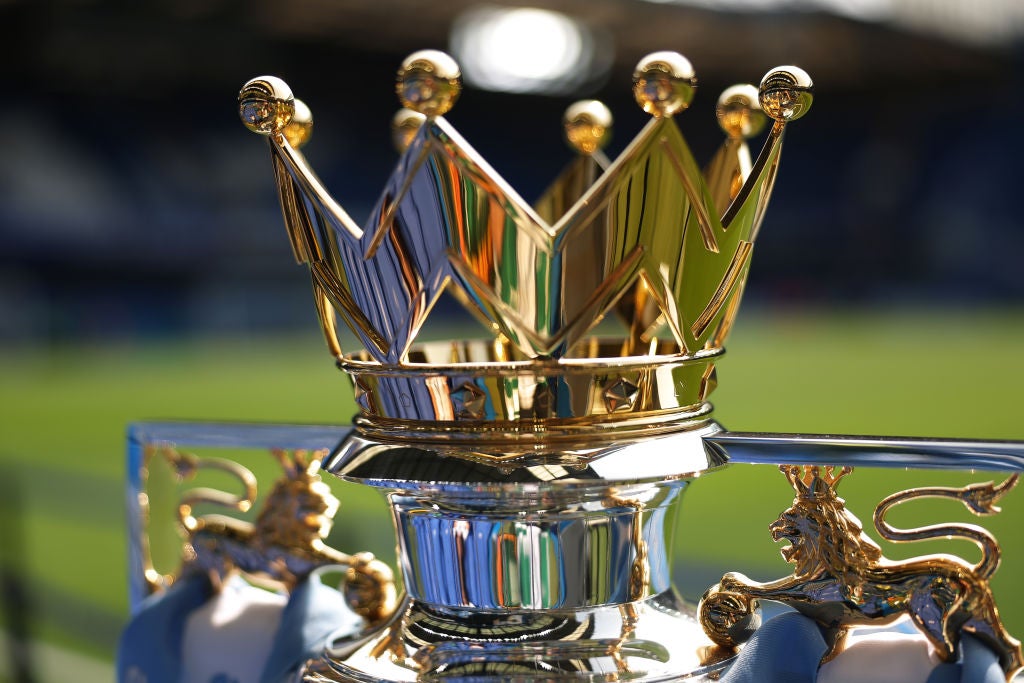Parachute payments set for major change in stronger independent football regulator bill
The original bill was delayed due to the general election – but that has resulted in tougher measures being proposed

Your support helps us to tell the story
From reproductive rights to climate change to Big Tech, The Independent is on the ground when the story is developing. Whether it's investigating the financials of Elon Musk's pro-Trump PAC or producing our latest documentary, 'The A Word', which shines a light on the American women fighting for reproductive rights, we know how important it is to parse out the facts from the messaging.
At such a critical moment in US history, we need reporters on the ground. Your donation allows us to keep sending journalists to speak to both sides of the story.
The Independent is trusted by Americans across the entire political spectrum. And unlike many other quality news outlets, we choose not to lock Americans out of our reporting and analysis with paywalls. We believe quality journalism should be available to everyone, paid for by those who can afford it.
Your support makes all the difference.Parachute payments will be brought under the remit of the new Independent Football Regulator, which will also no longer have to consider foreign policy, with that requirement dropped as part of the hugely strengthened Football Governance Bill to be introduced in the House of Lords on Thursday.
Fans will also be consulted on ticket pricing and home stadium relocations as well as enjoying greater representation at clubs. The inclusion of parachute payments within the regulator’s remit meanwhile greatly boosts the ability of the body to safeguard the entire health of the game, with the “singular curve” of the previous bill also dropped.
The moves are being interpreted within the game as a victory for fans and the EFL, as well as a significant strengthening of the previous government’s bill. The timing of the 2024 general election in July ensured the implementation of the regulator had to be delayed, but that has only proved beneficial for those who wanted the body to be wider-reaching.
Among the major concerns that had been raised within the previous bill was a clause that required the regulator to consider government policy. This was seen as inherently contradicting its independence, while representing a significant flashpoint in modern football given how reports have shown the previous Conservative government were involved in the build-up the Public Investment Fund takeover of Newcastle United in October 2021. That clause has now been dropped, specifically to “cement the regulator’s full independence”.
Among the most contentious issues within football were parachute payments to clubs relegated from the Premier League, with EFL sides long having argued the hundred-million-plus size of the figures distorts competition, while also creating what is essentially a “Premier League 2” at the top of the Championship.
The wider pyramid feel there should be a much steeper gradient in terms of distribution, and singular carve out of parachute payments in the previous draft of the bill has now been dropped. The entire issue will be included within the remit of the regulator, and there is a belief among some EFL clubs that any fair assessment of the system could see the concept scrapped entirely. It is understood, however that secretary of state for culture, media and sport Lisa Nandy told Premier League clubs that parachute payments would not be abolished,
The regulator will also have a backstop measure to mediate a fair financial distribution down the pyramid should the Premier League and EFL not be able to come to an agreement.
The regulator will also explicitly require clubs to provide "effective engagement" on ticket prices, a huge current issue given the ongoing controversy among fan groups over season ticket price rices and concessions being scrapped. Supporters will similarly have to be consulted on proposals to move stadiums, and influence could even be strengthened as clubs could be compelled to democratically select fan representatives, rather than the clubs making a unilateral decision
There is also a clear commitment to do more to improve Equality, Diversity and Inclusion (EDI) within the game, with clubs required to publish what action they are taking.
A licensing regime is also to be implemented in order to ensure a more consistent approach in how clubs from the Premier League to the National League are run, while monitoring finances.
A statement from the Department of Culture, Media and Sport said: "The Bill comes at a critical juncture for English football, following the attempted breakaway European Super League, and a series of high-profile cases of clubs being financially mismanaged. In recent years we’ve seen the devastating impact of the collapse of clubs like Bury and Macclesfield. These cases came about as a result of fundamental governance problems in the game that have led to excessive and reckless risk-taking, with many clubs living way beyond their means.
"The Bill, which delivers on the government’s manifesto commitments, will establish an Independent Football Regulator and a new set of rules to protect clubs, empower fans and keep clubs at the heart of their communities."
Following publication of the Football Governance Bill, the collective challenge now is to ensure an effective model of regulation which can work in practice.
However the Premier League have voiced concerns over “rigid” regulation and the fact that the regulator may be able to intervene to the extent it might “have a negative impact” on the global appeal and growth of the top flight.

“The Premier League recognises that key elements of the Bill can help make the English game stronger, including the principles of strengthened fan engagement, protecting club heritage, preventing breakaway leagues and encouraging responsible ownership,” a statement read.
“However, we remain concerned about the regulatory framework. Specifically, we believe rigid banking-style regulation, and the Regulator’s unprecedented and untested powers to intervene in the distribution of the Premier League’s revenues, could have a negative impact on the League’s continued competitiveness, clubs’ investment in world-class talent and, above all, the aspiration that drives our global appeal and growth.
“We appreciate the Government’s recognition of the role English football plays in the economy and society, and its commitment to ensure that these reforms provide protections to enable the Premier League’s continued global success. This is fundamental to the sustainability of the entire game, enabling the world-leading £1.6 billion of funding in the last three years to EFL and National League clubs, the grassroots of the game, football communities and women’s and girls’ football.
“With our clubs, we will continue to work with Government and Parliamentarians to consider appropriate checks and balances in the legislation to protect the hard-won position of English football, which is globally admired, a vital source of soft power and a driver of economic growth all over the country.”
Culture secretary Nandy said: “English football is one of our greatest exports and a source of national pride which this Government wants to see thrive for generations to come.
“But for too long, financial instability has meant loyal fans and whole communities have risked losing their cherished clubs as a result of mismanagement and reckless spending.
“This Bill seeks to properly redress the balance, putting fans back at the heart of the game, taking on rogue owners and crucially helping to put clubs up and down the country on a sound financial footing.”
Fan representative group Fair Game said: “As ever the devil will be in the detail. On the face of it there is a lot to welcome in the new Bill: stronger emphasis on EDI and fan engagement, parachute payments included, the "regard to" foreign policy sliced out, but the big concern remains fair financial flow. And that still needs further scrutiny."
Miguel Delaney’s new book ‘States of Play: How Sportswashing Took Over Football’ about how modern football has been transformed by geopolitics, capitalism and its own failures is out on 7 November. Pre-order your copy HERE today.



Join our commenting forum
Join thought-provoking conversations, follow other Independent readers and see their replies
Comments